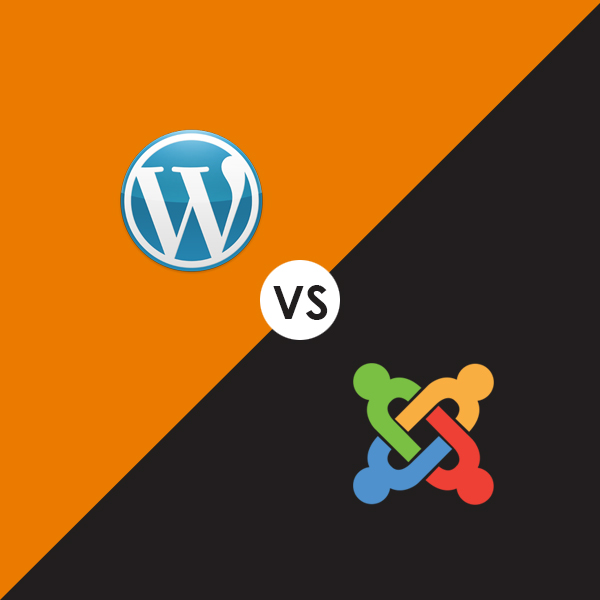WordPress Vs Joomla: Which is the best choice for Web Developers? | Connect Infosoft
A Web Content management system (WCMS) takes over speedier and less requesting administration of site content. WCMS is used to embed and update content on a site. As to coding a static site adding and erasing a page physically is really fundamental till the site size is not large.
Joomla and WordPress both are free and open-source CMS for publishing web content. They depend on the model view controller application framework and are coded in PHP.
WordPress:
- It is the most well-known CMS. At its core, it is a blogging framework. However, you’re not constrained to a blog as you can likewise make sites with static as well as dynamic pages. It’s an extraordinary platform for beginners and can develop with you. It is powerful enough for web developers or designers to proficiently build websites for customers.
- Plugins and expansions are provided via Automatic and the people group. There are more than 50,000 modules in the directory of the plug-in. There are additionally numerous premium modules accessible from everywhere throughout the web that you can either purchase or subscribe to and transfer to your website. To introduce a module simply click Add New in the Modules tab on the dashboard, look for the module or transfer it from your PC, select Install, and initiate
- It does not bolster various dialects, but instead, there are some phenomenal plug-ins that allow you to easily make a multilingual site. It is open in more than 53 dialects. New dialects can be introduced with just a tick from its administrator area.
- You can include a considerable measure of usefulness with widgets including standard advertisements, timetables, most recent remarks, most recent posts, seek, labels, classes, and a great deal more. You can move the widgets in the sidebars where you need them to show up.
- It is a remarkable platform for blogging
Joomla:
- It is a capable CMS that is awesome for building a wide range of sites including business, corporate, government, non-benefit, schools, etc. Web developers who are beginners may experience issues with it because of the many-sided quality of its structure.
- There are over 8000 augmentations in the Joomla expansions registry. They are separated into 30-32 unique classifications. You can browse the classifications or you can seek channels. Classes incorporate altering, contacts, correspondence, eCommerce, living, dialects, advertising, versatile, social, site administration, and parts more. To install an add-on you need to either download it or afterward transfer utilizing the extension manager, or you need to embed the URL.
- Without introducing any extension, it has the ability to deal with a multilingual site. Basically, go to the dialect administration console, incorporate a content dialect and start making multilingual content on your site. Interpretations are moreover available for the administrator interface in various lingos and can be introduced from the administrator zone.
- Modules can add a bundle of elements to your web page including filed articles, which are on the web, news, pursuit, insights, and parcels more. They likewise include elements, for example, breadcrumbs, so not all will show up in your sidebar. You can turn them off or on from the rundown.
- It’s not as valuable for blogging.
Conclusion: Both frameworks are incredible platforms for online business. Joomla is an awesome platform for multimedia websites and sites with bunches of content. It’s not as useful for blogging. WordPress can be transformed into pretty much anything from an online store to a portfolio. Essentially anything you require, you can do with WordPress. It’s easy to utilize, simple to alter, and simple to maintain. When it comes to SEO, WordPress customization possibilities, and content management, the choice is clear.


